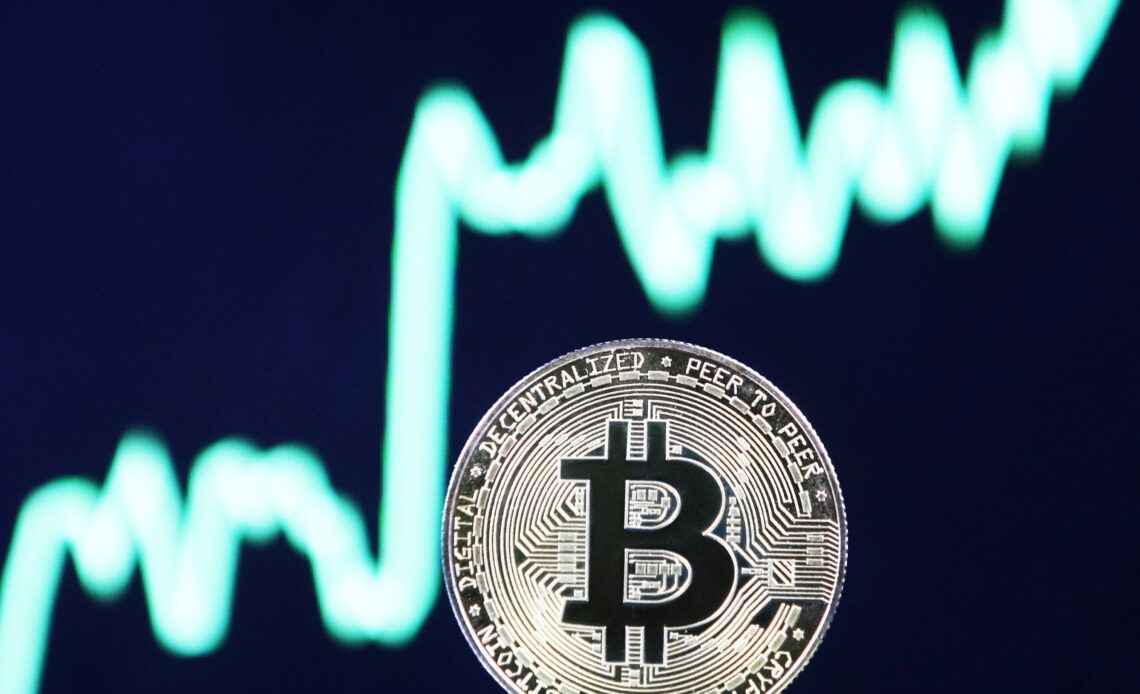
Cryptocurrencies or digital currencies, as we call them, took many years to be acknowledged and understood by the authorities running the country. Currently, 18% of the Goods and Services Tax is levied on crypto exchanges’ services under the financial services category.
Now the government is considering the classification of cryptocurrency under the GST law so that taxes can be charged on the entire value of the transaction. GST officers say that dealing with cryptos is the same as casinos, gambling, and betting, with 28% of the GST. However, there has been no precise classification of these digital currencies due to the absence of law. This is why it is difficult to put them in a legal framework of actionable claims.
To understand actionable claims in a layman’s language, we have to understand that it is a claim to unsecured debt or a claim to a movable property that is not in possession of the claimant.
The Budget 2022-23 proposed a 1 per cent TDS on payments towards virtual currencies beyond Rs 10,000 in a year. The threshold limit for TDS would be Rs 50,000 a year for specified persons, including individuals/HUFs who are required to get their accounts audited under the I-T Act.
The government is currently working on legislation to regulate cryptocurrencies, but no draft has yet been released publicly.

